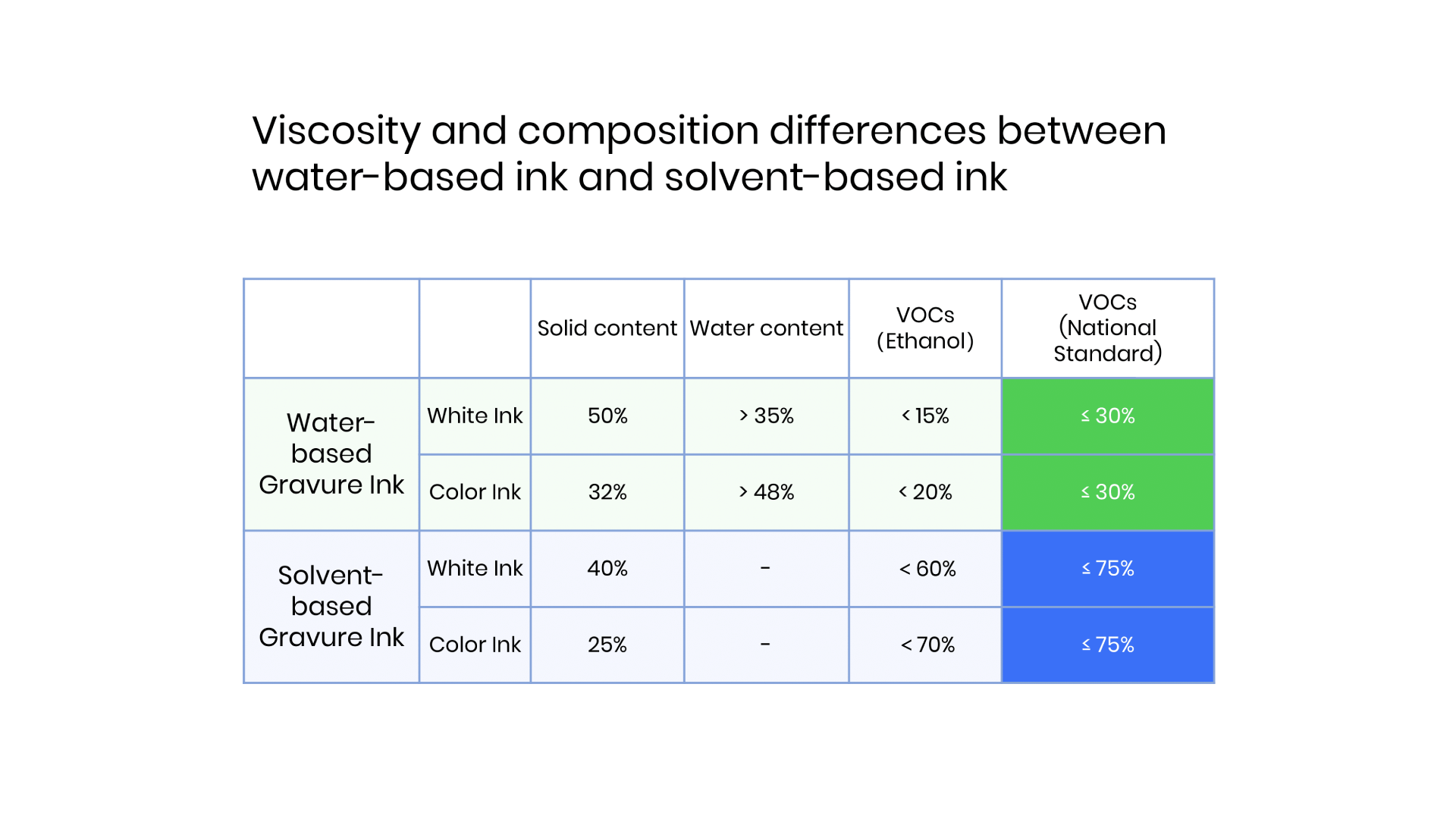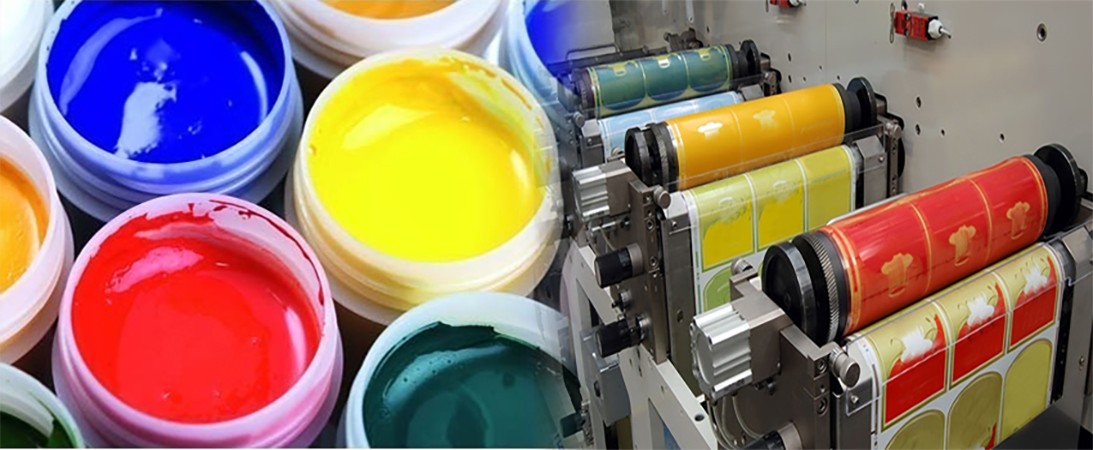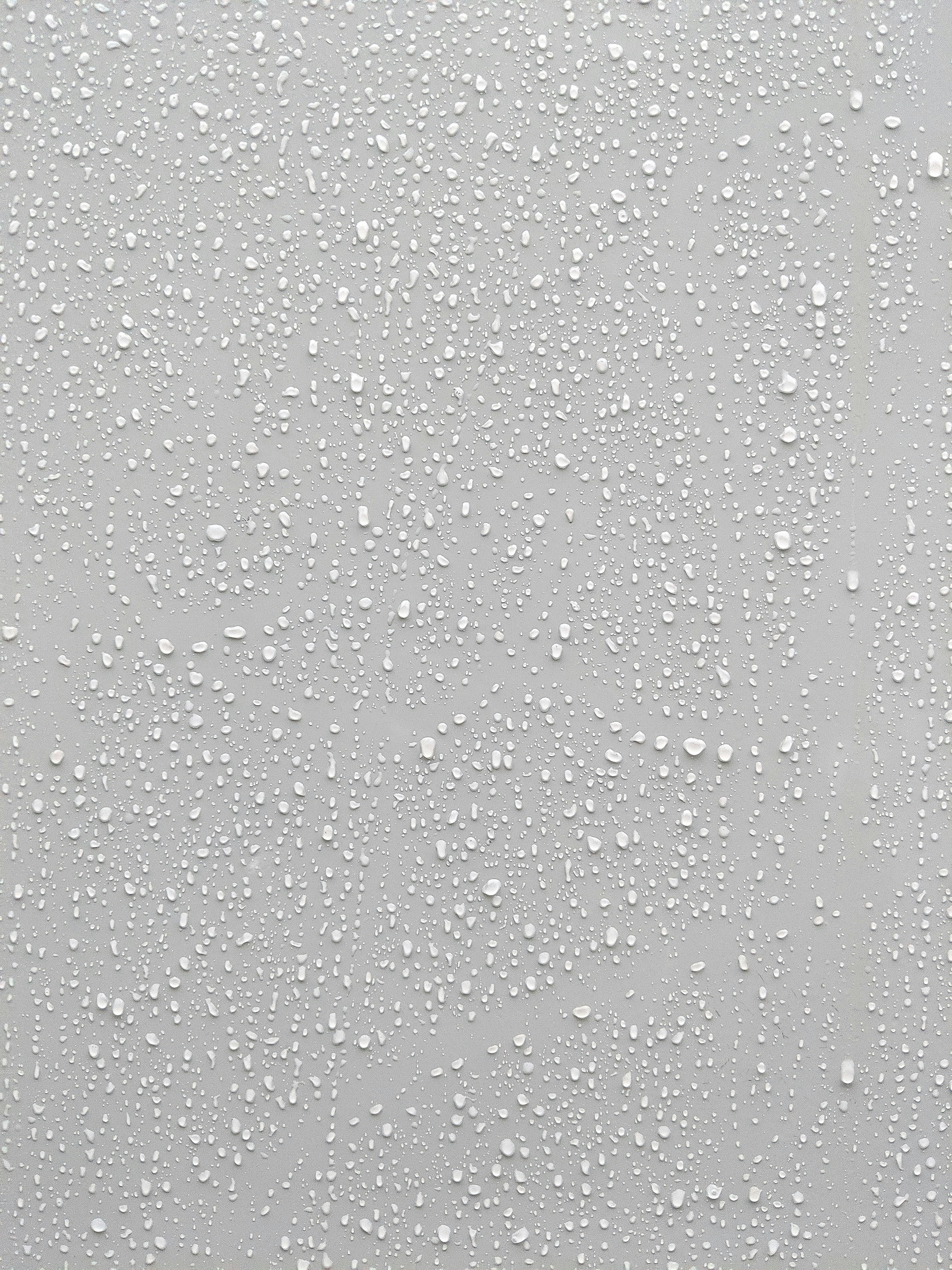Introduction

Regarding protective coatings, there are two main options to consider: water- and solvent-based. Both types offer unique advantages and drawbacks, so it's important to understand the difference to make an informed choice for your specific needs. Water-based coatings are known for their eco-friendly nature, while solvent-based coatings often boast superior durability and performance.
Understanding the Difference
Coatings can be broadly categorized as water- or solvent-based, depending on their chemical composition and application process. Water-based coatings use water as a carrier for the paint or resin, while solvent-based coatings rely on organic solvents such as acetone or mineral spirits. This fundamental difference impacts everything from environmental impact to application methods.
Benefits of
Water-Based Coating
Water-based coatings offer several key benefits, making them an attractive option for many applications. Here are the main benefits of water-based coating:
- Environmental Friendliness: Water-based coatings have lower VOC emissions and reduced hazardous waste, making them more environmentally friendly than solvent-based options.
- Faster Drying Time: They dry faster than solvent-based coatings, allowing for quicker production turnaround times.
- Reduced Harmful Fumes: Water-based coatings release fewer harmful fumes during application, improving air quality and providing a safer working environment.
- Ease of Cleaning: Water-based paints can be easily cleaned with just soap and water, simplifying the cleanup process and reducing the need for harsh chemicals.
Advantages of Solvent Based Coating
On the other hand, solvent-based coatings have their own advantages, making them a preferred choice in certain scenarios. Here they are:
- Enhanced Durability: Solvent-based coatings often provide a more durable finish with superior surface adhesion, making them suitable for industrial and outdoor applications requiring resistance to wear and tear.
- Improved Flow and Leveling: Solvent-based coatings exhibit better flow and leveling properties, resulting in a smoother finish than water-based alternatives.
- Ideal for Specific Use Cases: They are preferred in scenarios where durability and performance in challenging environments are paramount, such as in heavy-duty industrial settings or outdoor structures subjected to harsh weather conditions.
Now that we've laid out the basics of water-based and solvent-based coatings, let's dive deeper into each type to understand their specific characteristics and applications.
What is Water Based Coating?

Water-based coating is a type of paint that uses water as a solvent instead of traditional chemical solvents. This makes it an environmentally friendly option, as it releases fewer volatile organic compounds (VOCs) into the air during application. Water-based coatings are often used for interior and exterior surfaces, providing excellent adhesion and coverage.
Environmentally Friendly Option
Water based coatings are considered a more sustainable choice compared to solvent based options, as they have lower VOC emissions and less impact on air quality. Using water as the primary solvent, these coatings contribute to a healthier indoor and outdoor environment. Additionally, they are easier to clean up and dispose of, reducing the overall environmental footprint.
Application and Performance

When it comes to application, water based coatings can be easily applied with brushes, rollers, or sprayers. They dry quickly and provide good coverage with minimal odor. In terms of performance, these coatings offer excellent color retention and resistance to yellowing over time. They also exhibit good flexibility and adhesion properties on various surfaces.
Durability and Longevity
Despite being water based, these coatings offer impressive durability and longevity when properly applied. They protect against moisture, UV rays, and general wear and tear. With proper maintenance and care, water based coatings can maintain their appearance for many years without frequent touch-ups or recoating.
In addition to their protective qualities, water based coatings also offer environmental benefits. These coatings typically have lower levels of volatile organic compounds (VOCs) than solvent-based alternatives, making them more environmentally friendly. This means that they provide long-lasting protection for surfaces and contribute to a healthier indoor and outdoor environment by reducing air pollution and potential health risks associated with VOC exposure.
What is Solvent Based Coating?

Chemical Composition
Solvent based coatings are typically made with organic solvents such as toluene, xylene, or acetone, the carrier for the resin and pigments. These solvents evaporate during the curing process, leaving behind a solid protective film on the surface. The chemical composition of solvent based coatings allows for strong adhesion and resistance to moisture and chemicals.
Industrial Use Cases
Solvent based coatings are commonly used in industrial applications where durability and resistance to harsh conditions are required. They are often chosen for their ability to provide a tough finish that can withstand exposure to chemicals, weathering, and abrasion. Industries such as automotive manufacturing, marine construction, and heavy machinery rely on solvent based coatings for long-lasting protection.
In addition to their protective qualities, solvent based coatings are also valued for their quick drying time, making them ideal for industrial processes that require efficiency and productivity. The ability to apply multiple coats quickly allows for faster turnaround times, reducing production downtime and increasing overall output. This makes them a popular choice for industries that demand high performance and reliability.
Potential Health and Environmental Concerns
While solvent based coatings offer excellent performance benefits, they also have potential health and environmental concerns. The volatile organic compounds (VOCs) emitted during application can contribute to air pollution and pose health risks to workers and nearby communities. Proper ventilation and safety measures must be implemented when using solvent based coatings to minimize these risks.
Additionally, the disposal of solvent based coatings can also pose environmental risks. Improper disposal methods can lead to contamination of soil and water sources, impacting local ecosystems and wildlife. Businesses need to follow proper waste management protocols and consider alternative coating options that are more environmentally friendly. By doing so, they can reduce their environmental footprint and contribute to sustainable practices in the industry.
Now that we have explored the chemical composition, industrial use cases, and potential concerns of solvent based coatings, let's compare application methods in the next section.
Comparing Application Methods

When it comes to applying coating, the method used can significantly impact the final result. With water based coatings, the spray application method is often preferred for large surface areas, providing an even smooth finish. On the other hand, roll-on application is more commonly used for smaller projects or touch-ups, offering greater control and precision in application.
Spray vs Roll-On
The spray method allows for quick and efficient coverage of large surfaces, making it ideal for industrial applications and large-scale projects. It also ensures a uniform coating thickness, resulting in a professional-looking finish. On the other hand, roll-on application offers greater flexibility and control, making it suitable for intricate designs or smaller areas requiring detailed attention.
Drying Time and Curing Process
Water based coatings typically have a faster drying time compared to solvent based coatings, allowing for quicker turnaround times on projects. The curing process involves evading water content from the coating, resulting in a durable and long-lasting finish resistant to chipping and peeling. This makes water based coatings an efficient choice for businesses looking to streamline their production processes.
Compatibility with Different Surfaces
One of the key advantages of water based coatings is their versatility in surface compatibility. Whether metal, wood, concrete, or plastic, water-based coatings are designed to adhere effectively to a wide range of materials without compromising on performance or aesthetics. This makes them a highly adaptable solution for various industries and applications.
Performance and Longevity

When considering the performance and longevity of coatings, it's important to assess their impact on the underlying material. Water-based coatings are known for protecting surfaces without causing damage or discoloration. Unlike solvent-based coatings, water-based options provide a gentle yet effective layer of protection that enhances the durability of the material underneath.
Impact on Underlying Material
Water-based coatings create a protective barrier that shields underlying materials from environmental factors such as moisture, UV rays, and temperature fluctuations. This helps to prevent corrosion, rotting, and other forms of deterioration that can compromise the integrity of surfaces over time. With a water-based coating, you can ensure that your materials remain in top condition for longer.
Resistance to Wear and Tear
One of the key advantages of water-based coatings is their exceptional resistance to wear and tear. Whether it's foot traffic on floors or exposure to harsh weather conditions on outdoor surfaces, water-based coatings offer superior protection against abrasion and damage. This ensures that your coated surfaces maintain aesthetic appeal and structural integrity even under demanding circumstances.
Maintenance and Repairs
Water-based coatings have a clear advantage over solvent-based options in terms of maintenance and repairs. They require minimal upkeep due to their long-lasting performance, saving time and money in the long run. Additionally, if repairs are necessary, water-based coatings can be easily touched up or recoated without extensive preparation or specialized equipment.
Environmental Impact

Eco-Friendly Solutions
When it comes to eco-friendly solutions, water-based coatings take the cake. These coatings are made with minimal volatile organic compounds (VOCs), making them a much greener option than solvent-based coatings. By choosing a water-based paint, you're protecting the environment and ensuring the health and safety of those around you.
Sustainability and Green Practices
In today's world, sustainability and green practices are more important than ever. Water-based coatings align perfectly with these values, as they are manufactured using renewable resources and are easily recyclable. By opting for water-based coatings, you contribute to a more sustainable future while achieving top-notch results.
Compliance with Regulations
One of the most significant advantages of water-based coatings is their compliance with strict environmental regulations. These coatings meet all regulatory standards for low VOC emissions, making them a safe and responsible choice for any project. With water-based coatings, you can rest assured that you're staying in line with environmental guidelines.
Sustainability and Green Practices
In today's world, sustainability and green practices are more important than ever. When choosing a coating for your surfaces, opting for environmentally friendly options can make a big difference. Water based coatings, in particular, are known for their low VOC content and minimal impact on the environment. By choosing these eco-friendly solutions, you can contribute to a healthier planet while achieving the desired results for your surfaces. Making sustainable choices doesn't mean sacrificing quality – finding innovative solutions that benefit your project and the environment.
Compliance with Regulations
Compliance with regulations is crucial to choosing the right coating for any project. Whether for industrial use or residential applications, it's important to ensure that the coatings meet all necessary environmental and safety standards. This includes regulations set forth by government agencies as well as industry-specific guidelines. Choosing a coating compliant with these regulations not only ensures the safety of those applying the coating but also minimizes the environmental impact. It's always wise to do your due diligence and ensure that the coatings you select align with all applicable regulations before making a decision.
Qinghe Chemical Leading the Way

Making an Informed Choice
When choosing the right coating for your project, it's important to weigh the benefits and drawbacks of water- and solvent-based options. By considering factors such as environmental impact, performance, and application methods, you can make an informed decision that meets your needs.
The Future of Coatings
As technology advances, we can expect to see even more innovative developments in the world of coatings. With a growing emphasis on sustainability and eco-friendly solutions, the future of coatings will likely be dominated by water-based options that offer high performance without harming the environment.
Qinghe Chemical is at the forefront of this industry shift towards more sustainable coating solutions. With a commitment to developing cutting-edge water-based coatings that deliver exceptional results, they are leading the way in providing environmentally friendly options for a wide range of applications.

